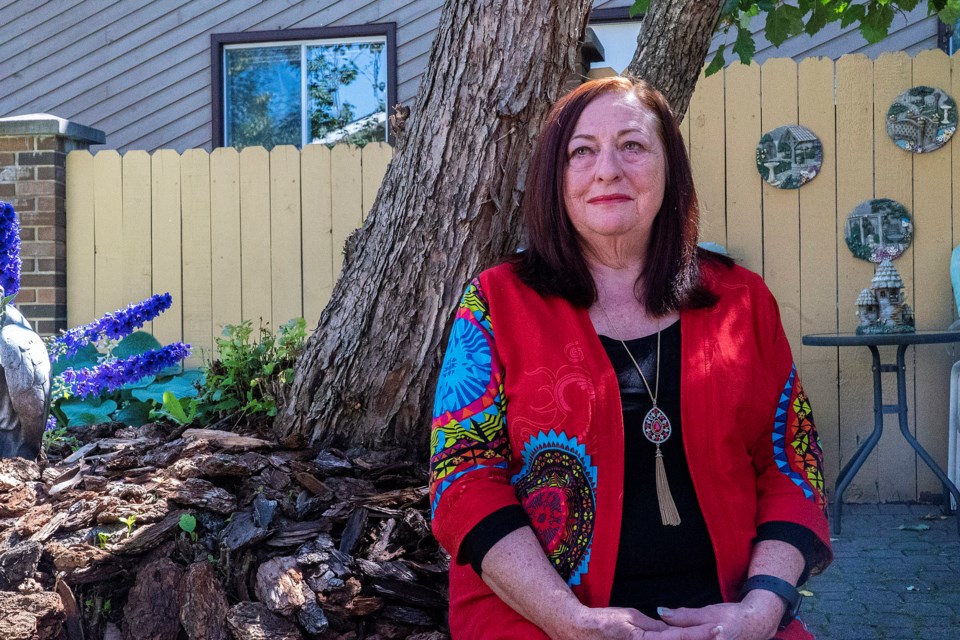This year, the COVID-19 pandemic has changed things.
Teachers who spoke to the Gazette are trying to puzzle out some of the unanswered questions following the Alberta government’s plan for students to resume in-person classes in September. But with an uptick in Alberta's coronavirus numbers, they are weighing the risks to students, colleagues, their families and themselves.
“Teachers want to get back to their students,” said Carryl Bennett, a junior high teacher and president of Greater St. Albert Catholic Teachers Local #23. “But if people in general aren’t following guidelines, I wonder what will happen in the fall."
The provincial plan, announced July 21, aims for in-person classes with extra health measures including mandatory hand sanitizing, daily screening and social distancing where possible.
“Teachers stepped up online in the spring. Teachers will be there in (September). We can only hope the measures will be enough to keep COVID numbers down. If we do have an outbreak, we hope to minimize risks. But there are no guarantees of any kind and this is trailblazing to a point,” said Ellen Snaith, also a junior high teacher and president of St. Albert Public Teachers’ Local #73.
Since the province slashed school budgets, teachers also face increased class sizes with less support. For instance, Snaith’s homeroom class has 30 students.
Bennett and Snaith explained most schools in both St. Albert divisions would develop cohorts (small groups) to minimize transmission of viruses.
“We’re going to try and ensure adequate space so we can achieve a reasonable distance. It may not be six feet, but our classes can still work,” Snaith said.
St. Albert's school divisions say they are prepared for classes to restart, and both GSACRD and St. Albert Public have re-entry plans on their website. However, Bennett and Snaith worry teaching will be a challenge since the province’s last round of cutbacks targeted as many as 25,000 education assistants, substitute teachers, psychologists and other support workers.
“We still have to work and carry the assistants' workload. Because everything is up in the air, teachers aren’t sure what will happen,” said Bennett.
In addition to an increased workload of planning lessons with less support and staying in touch online with students unable to attend school, teachers will be required to wipe down high-touch surfaces.
“How much can we do?” asks Snaith. “Is it fair to expect us to take care of cleaning duties. I can wipe down a door handle or a desk. It’s what I’d do for myself. But heavy duty cleaning should be done by custodial staff.”
She refers to heavy duty cleaning as washing chairs, walls, desks, counters and whiteboards.
Bennett agrees. She goes on to say teachers envision myriad scenarios.
“No one has explained to me how we’re going to handle it. I don’t think we actually understand it. How does lunch work? Do we use microwaves? How does supervision work? If we do not allow visitors in the school, do teachers get a break for lunch or do we eat with students? How do we ensure students don’t share food? What will happen when a child gets sick? What does a lockdown look like? There are a lot of things that can happen that people haven’t thought about.”
Schools are often jokingly called “Petri dishes” for spreading cold and influenza viruses. Before the pandemic, parents often dropped sick children at school on their way to work.
“If teachers are ill, a substitute will be called in. We expect parents will not send their children to school if they are ill. Students cannot come to school if they are sick. That’s not going to happen. We’re at a new place and until it’s resolved, it will be this way,” Snaith said.
“People talk about the Spanish flu, polio and TB. But this pandemic is a game-changer. Our lives are more uncertain than the past because it is extremely difficult to isolate. We all have to do our part.”




